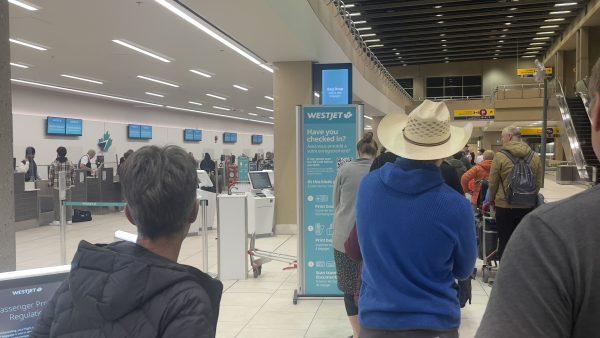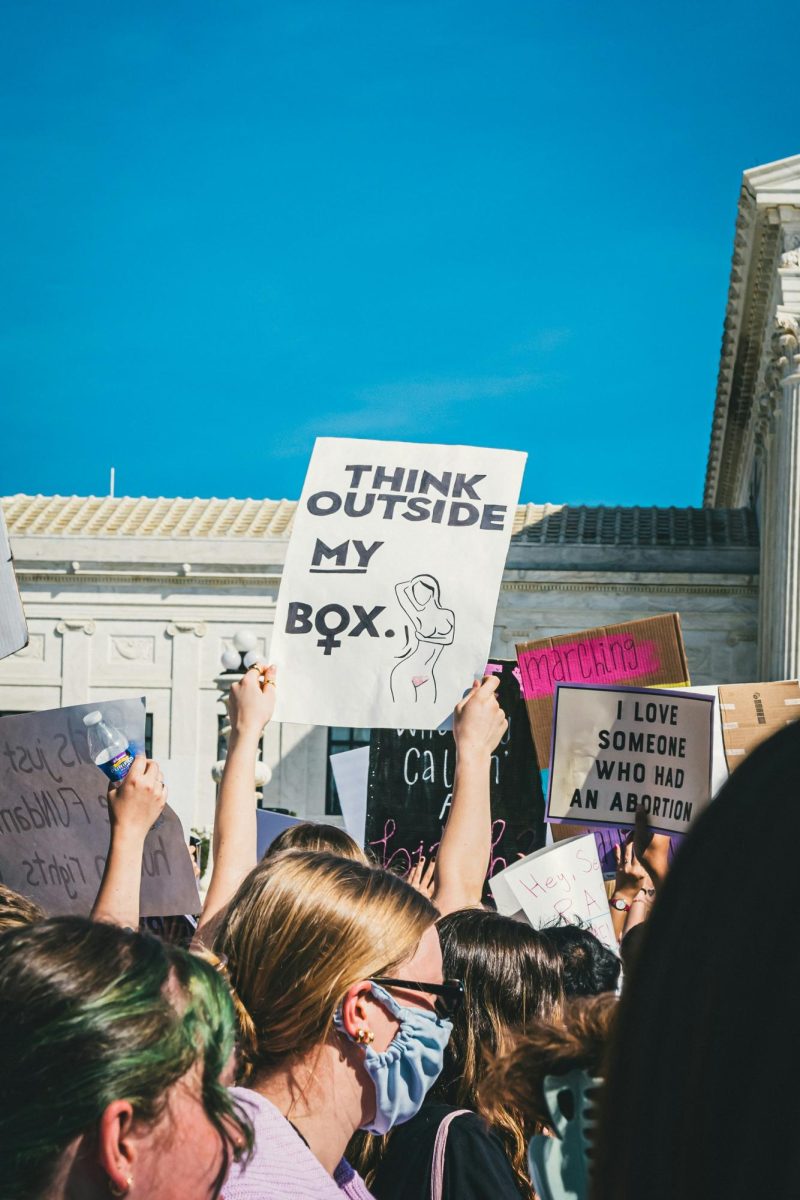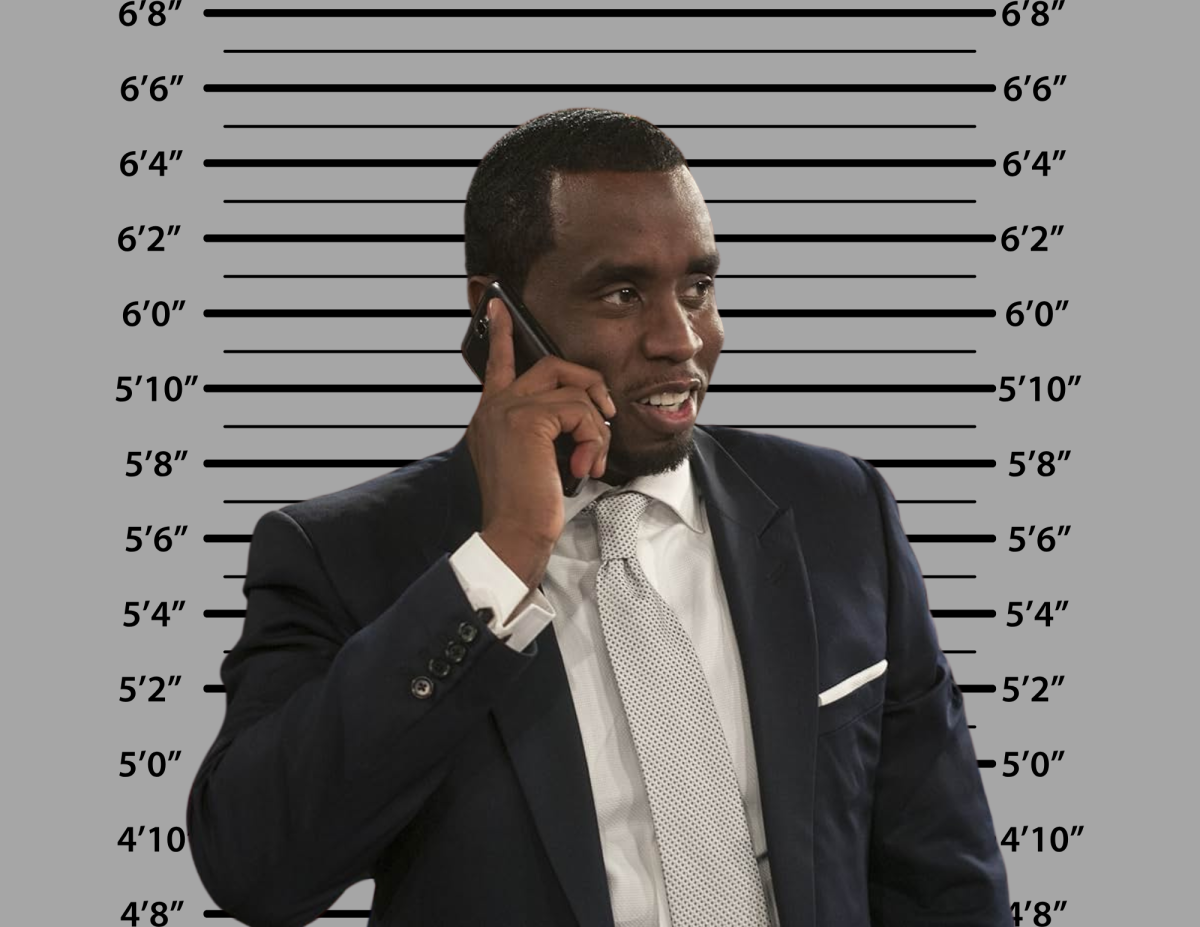By John Michael Guerrero
Airline companies continue to fail their staff, crew and customers.
My mother and I were one of many passengers left stranded at LAX and YYC. A simple trip to Toronto, Ontario turned into a 27 hour layover.
Very little information was given to us and alternative options were minimal due to the lack of communication between check-in officers and airline agents.
In addition to the chaos, the “accommodations” the company offered were miniscule in comparison to the amount of stress we endured.
The most stressful part of anyone’s vacation should be booking your flights and getting to the airport in time to check in for boarding, not waiting to find out when you’ll finally arrive at your destination.
Major companies like Delta, United and Southwest Airlines continuously claim to work toward a simpler boarding and check-in process, yet it has only become more tedious and complicated.
Westjet Airlines’s checking systems crashed Nov. 5 leaving hundreds of passengers stranded across the United States and Canada, my family and I included.
Check-in officers in high traffic airports Los Angeles International Airport (LAX) in California and YYC Calgary International Airport in Alberta, Canada did not seem to be prepared for the influx of people.
I watched as officers scrambled between phone lines trying to reach airline agents.
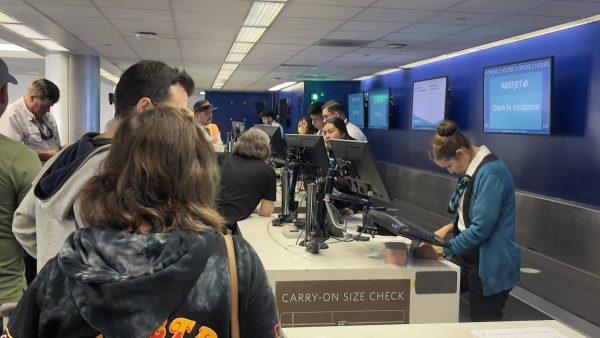
Many of them were visibly on the verge of leaving their desk to take a break from the stress. Various passengers began shouting obscenities and disregarding the effort put forth by officers after eight hours of waiting in LAX.
Companies like these focus more on monetary gain rather than hospitality and transportation.
They couldn’t offer much with the evident limited training given to these workers.
A huge factor in these conditions was the shortage of airline workers that hit every airline worldwide in June of 2022. According to the U.S. Department of Transportation, at least 3.1% of all flights in the U.S. were canceled due to staff shortages.
If airlines are committed to offering quality services they should build a stable ground for those working for the airline first.
Westjet offered passengers going to YYC a hotel room (an hour away from the airport) to stay in until the next departure from Calgary to Toronto at 7 p.m. This sounded like a good deal, switching flights without purchasing new tickets and a free room, but in actuality it was a poor freebie.
Upon landing we immediately found our way to the terminal for check-ins and waited for them to open. We landed at 1:30 a.m., terminals weren’t open until 4 p.m.
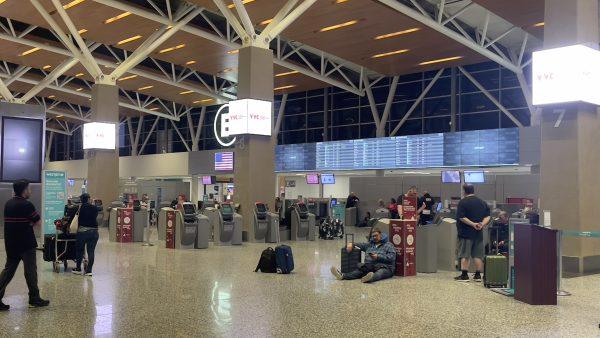
Implementations made by Pete Buttigieg, U.S. Department of Transportation Secretary, helped to define rules airlines must abide by in order to properly serve customers refunds for canceled or significantly changed flights and ensure the consumer has more access to resources regarding air travel refunds and protections.
Many other “rewards” like this were given out like food vouchers which conveniently could only all be spent at one place and could not be refunded for cash. This only adds salt to the wound of those stranded across the two countries.
Check-in officers should be given more training and be well prepared in case of an outage of check-in systems. They should also be more knowledgeable on the airline policies and procedures to better accommodate passengers and their needs on the spot.
Airlines should also set aside more money to accommodate passengers.
The U.S. Department of Transportation concluded, “of the 5,862 complaints received in June 2022, 1,435 (24.5%) concerned refunds.”
Despite this enforcement, airlines continue to find ways around complete refunds by offering “rewards” and “offers” in exchange, which all tend to come with agreements that don’t always work in favor of the passengers.
Through better training and preparation, airlines can properly tackle issues like these without a hitch. But the sad truth is monopolies are more important to airlines than their staff and customers.

